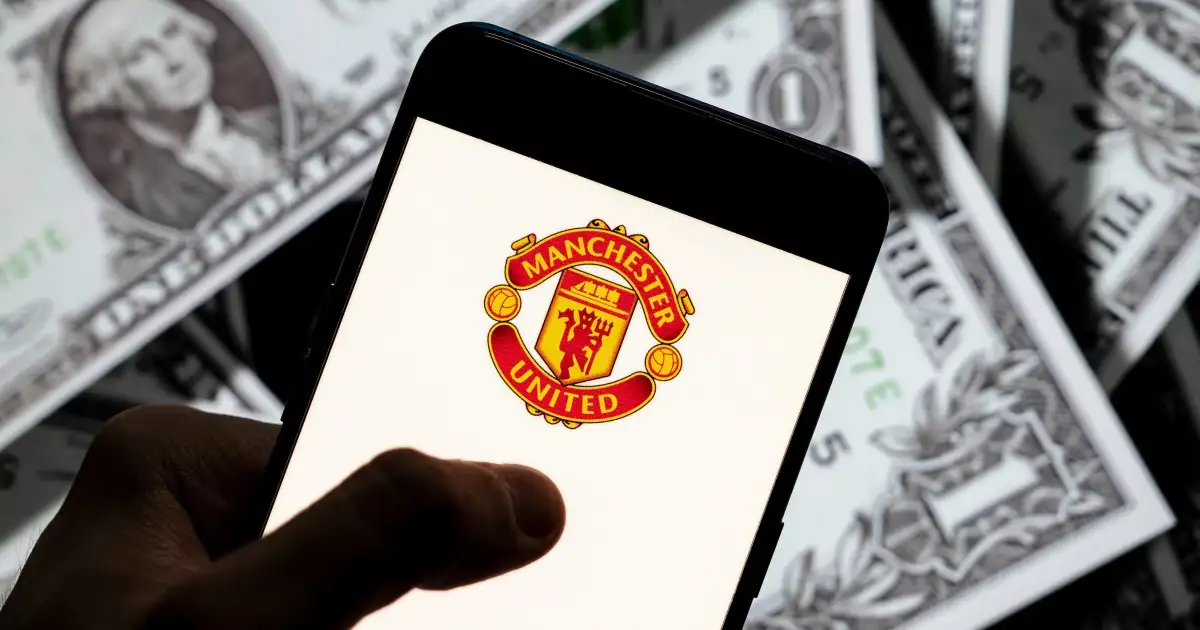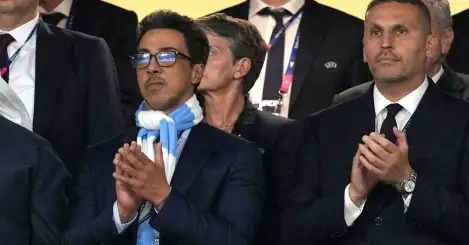The transfer window has become a sport for a noisy minority

The 20th summer transfer window has closed and it only grows more financially preposterous each year. Who wins? Who loses? Who cares?
This summer transfer window was the 20th since it was introduced. Since 2002, transfers have somehow become part of the entertainment of the game, above and beyond how the transferred players might perform. ‘Winning’ the window has also recently become A Thing, despite being utterly meaningless. With £1.1billion spent this time, the whole thing seems to get bigger and bigger and at this time of year it feels all-encompassing, but in reality it’s a game played by some fans of big clubs and by all of the football media, but few others.
There are people who are not really interested in seeing the player, only in seeing the transfer made and the fee paid. Do they even like football? Their interest ends once the transfer happens and then it quickly becomes about the next transfer window. A big fee for a player is worn like a badge of honour. That it may well be money poorly spent is irrelevant. A big fee shows ‘ambition’ and conversely, not spending big money betrays a ‘lack of ambition’. Bigger means better. Even bigger means even better and no amount of contradictory information changes that feeling.
ITK imposters are all over social media pretending they have inside access to transfer news at clubs. Presumably these fantasists want to feel important and have people admire them for their supposed contacts, but it is a very strange phenomenon, a radical extension of the hoary old classic rumour that a player has been seen at the local airport or eating steak and chips in the Beefeater near the ground.
However, this Announce Culture is alien to many, if not most fans, partly because the fees are so astronomically high. It’s also easy to be cynical about many purchases. So many players are signed, make a handful of appearances, remain largely anonymous and then move on to somewhere else in Europe. Others come with a big fanfare but do very little and can’t wait to get out again. Everton seem to have signed quite a few of those. How do you get excited by signing someone who, bitter experience suggests, you have good reason to suspect won’t be around for long or make a significant contribution?
But transfers mean little to many mainly because it is a culture which only affects a small number of clubs. Don’t forget, as many people go to watch non-Premier League football as watch the top flight, and outside of the Premier League, only Fulham have paid any vaguely big money for a player: £12million to Liverpool for Harry Wilson. So outside of the top flight – and even within it – there is no big money transfer culture. The majority of players come and go mostly on free transfers and loans, or for fees well under or around a million pounds. Those transfers are still big stories in local press but the concentration is much more on what sort of player is being signed and where they’ll play. There’s no big sexy number clickbaiting involved here. No big money thrill for the breadheads. It’s all about football, not finance.
A cohort of the fanbase slathers over deals, potential or otherwise and media outlets pull in big numbers on the back of all the speculation, making up ever higher figures by somewhat dishonestly rolling in transfer fees and wages over the length of the contract, presumably because the higher the number, the more clicks it attracts. That is proof itself that the attraction in all of this is the money, not the player per se. But this is all for that noisy minority, almost all of whom orbit the big clubs.
So, yes, the transfer culture is bewilderingly huge, but only within specific parameters and we shouldn’t fall into the trap of generalising to the majority something only typical of a minority.
